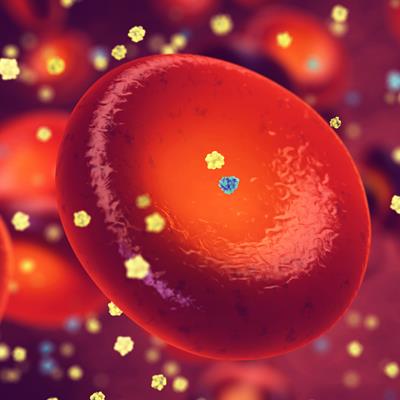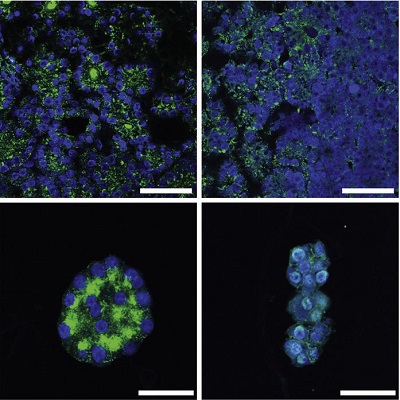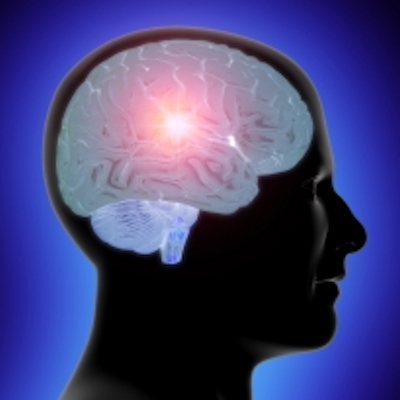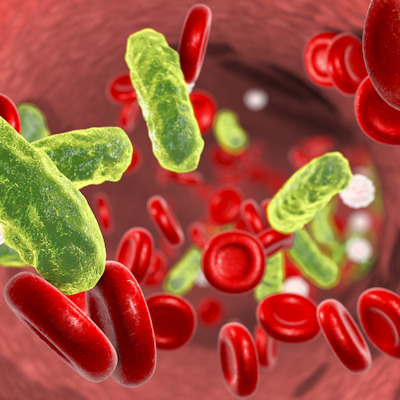 Gene in beta cells enables release of insulin, offers potential diabetes therapy
Gene in beta cells enables release of insulin, offers potential diabetes therapy
November 2, 2022 -- An international team of scientists has shown that the gene Wnt Family Member 4 in beta cells enables them to sense glucose and release the hormone insulin, enabling other cells in the body to store glucose. They contend their findings could help in the future to create replacement beta cells for diabetes therapy. Read More
 RNA editing sites in the brain shed light on neurodevelopment
RNA editing sites in the brain shed light on neurodevelopment
November 2, 2022 -- Mount Sinai researchers have catalogued thousands of sites in the brain where RNA is modified or edited throughout the human lifespan, potentially advancing our understanding of neurodevelopmental and aging disorders. Read More
 Stem cell-derived organoids offer new model for research on parathyroid diseases
Stem cell-derived organoids offer new model for research on parathyroid diseases
October 28, 2022 -- Researchers from University Medical Center Groningen have found that patient-derived parathyroid organoids could pave the way for future physiology studies and drug-screening applications. Read More
 NEI scientists learn how eye protein converts vitamin A
NEI scientists learn how eye protein converts vitamin A
October 27, 2022 -- A new gene-function discovery could lead to potential treatments for vision disorders as it converts vitamin A into a usable form, National Eye Institute (NEI) researchers found. Read More
 Heart cell regeneration impacted by nuclear pores: study
Heart cell regeneration impacted by nuclear pores: study
October 27, 2022 -- As heart cells mature in mice, the number of communication pathways called nuclear pores dramatically decreases, which could prevent adult heart cells from regenerating, finds new study. Read More
 $11.3M NIH grant funds national project to investigate molecular origins of pain
$11.3M NIH grant funds national project to investigate molecular origins of pain
October 26, 2022 -- A new National Institutes of Health (NIH)-funded project will investigate the origins of human pain at the cellular and molecular level -- potentially spelling relief for people with chronic pain. Read More
 Scientists develop new method to label proteins, track disease
Scientists develop new method to label proteins, track disease
October 26, 2022 -- Scientists at the Francis Crick Institute and Imperial College London have developed a new method to study the proteins released by cells, which could lead to the development of new tools to track diseases including cancer. Read More
 Research illuminates how psychedelics light up brain
Research illuminates how psychedelics light up brain
October 25, 2022 -- Cornell researchers and collaborators are using advanced microscopy to map the brain's neural response to psychedelics, which may potentially lead to the development of fast-acting antidepressants and substance abuse treatments. Read More
 Pluripotent stem cell model of PTSD sheds light on how neurons react to stress
Pluripotent stem cell model of PTSD sheds light on how neurons react to stress
October 24, 2022 -- A team of scientists have discovered that stem cell-derived neurons from combat veterans with post-traumatic stress disorder (PTSD) react differently to a stress hormone than those from veterans without PTSD. Read More
 Researchers unlock the secrets of heme
Researchers unlock the secrets of heme
October 24, 2022 -- Researchers from Georgia have developed new tools and approaches to image, monitor, and explore heme in biological systems to learn how organisms handle this essential but potentially cytotoxic metabolite. Read More
Conferences
Member Rewards
Earn points for contributing to market research. Redeem your points for merchandise, travel, or even to help your favorite charity.
Research Topics
Interact with an engaged, global community of your peers who come together to discuss their work and opportunities.
Connect
Tweets by @ScienceBoard



